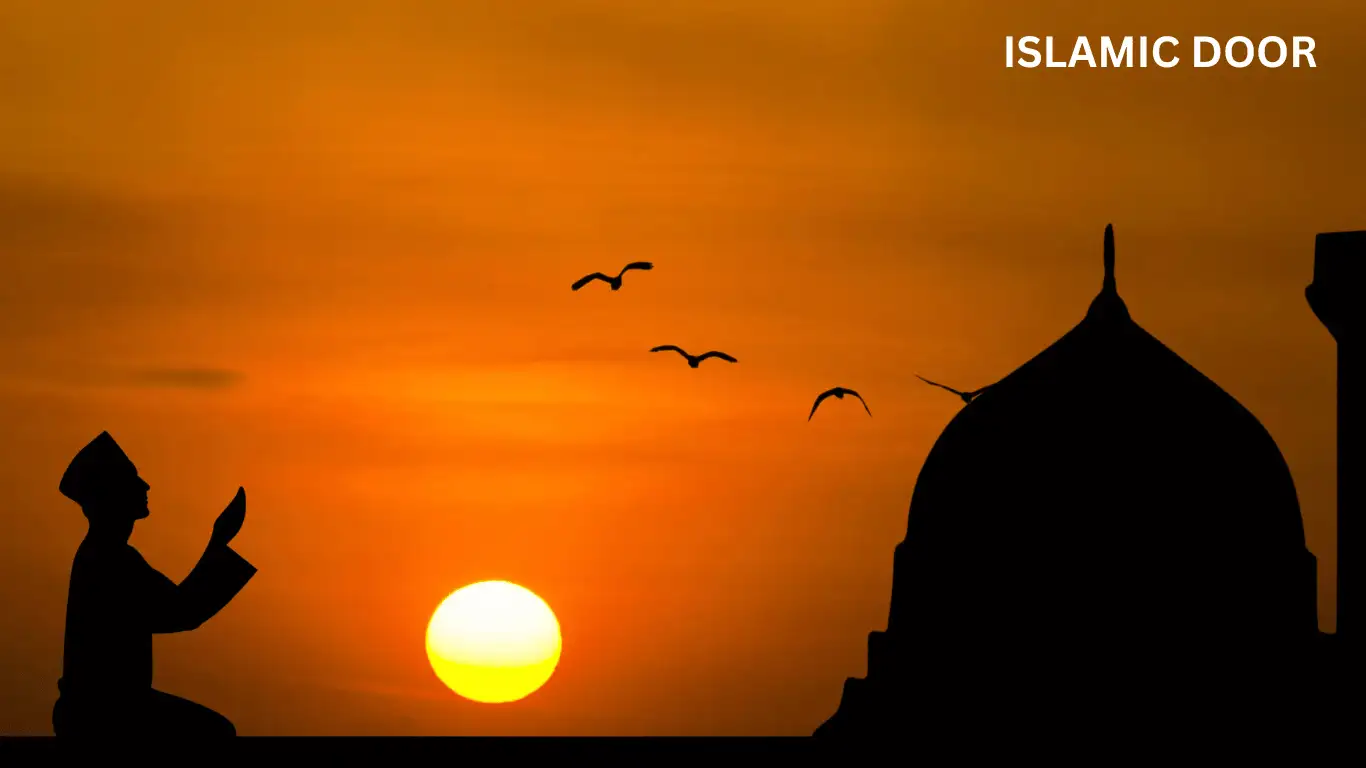I. Introduction
In Islam, dua (supplication) is a sacred connection between the servant and the Creator. After completing Salah (prayer), the heart is softened, the soul is humbled, and the door of divine mercy is wide open. That is why dua after prayer holds such profound importance—it is a moment to thank Allah, seek His guidance, and present our heartfelt desires.
II. Islamic Basis for Dua After Prayer
Quranic References
“Call upon Me; I will respond to you.”
(Surah Ghafir, 40:60)
Allah explicitly encourages believers to call upon Him. Supplication after prayer is an ideal time to do so.
Hadith Evidence
Prophet Muhammad (ﷺ) regularly made dua after obligatory prayers. He emphasized the importance of consistent supplication:
“The supplication made between the Adhan and Iqamah is never rejected.”
(Sunan Abu Dawood)
Dua after prayer is seen as a continuation of the act of worship, solidifying one’s devotion.
III. Specific Duas Recommended After Prayer
Dua 1: Seeking Forgiveness & Peace
Arabic:
أستغفر الله (3 times) اللهمّ أنت السّلام ومنك السّلام تباركت يا ذا الجَلالِ وَالْإِكْرَام
Transliteration:
Astaghfirullah (3x)
Allahumma Antas-Salaam wa minka-s-salaam, tabarakta ya Dhal-Jalali wal-Ikram
Translation:
“I seek forgiveness from Allah.”
“O Allah, you are the Source of Peace, and from You is peace. Blessed are You, O Possessor of Glory and Honor.”
Reference: Sahih Muslim
Dua 2: The Tahlil
Arabic:
لا إِلَهَ إِلَّا اللهُ وَحْدَهُ لَا شَرِيكَ لَهُ لَهُ الْمُلْكُ وَلَهُ الْحَمْدُ وَهُوَ عَلَى كُلِّ شَيْءٍ قَدِيْرٌ
Transliteration:
La ilaha illallahu wahdahu la sharika lahu, lahul-mulku wa lahul-hamdu wa huwa ‘ala kulli shay’in qadeer (10x)
Translation:
“There is no god but Allah, alone without partner. His is the dominion and His is the praise, and He is able to do all things.”
Reference: Sahih Muslim
Dua 3: For Help in Worship
Arabic:
اللّهُمّ أَعِنِّي عَلَى ذِكْرِكَ وشُكْرِكَ وَحُسْنِ عِبَادَتِك
Transliteration:
Allahumma a’inni ala dhikrika wa shukrika wa husni ‘ibadatik
Translation:
“O Allah, help me remember You, thank You, and worship You in the best manner.”
Reference: Sunan Abu Dawood
Additional Sunnah Practices
- Recite Surah Al-Ikhlas, Al-Falaq, and An-Nas after every prayer.
- Say “Subhanallah” (33x), “Alhamdulillah” (33x), and “Allahu Akbar” (34x).
IV. Steps to Perform Dua After Prayer
- Timing: Right after Tasleem (saying salam).
- Posture: Raise hands (optional), face Qiblah.
- Structure:
- Start with praising Allah.
- Send blessings on the Prophet Muhammad (ﷺ).
- Recite the above Sunnah duas.
- Add your personal requests.
V. Etiquette of Making Dua
- Sincerity (Ikhlas): Focus only on Allah.
- Presence of Mind: Don’t rush; be mindful.
- Certainty: Have faith that Allah will respond.
- Repetition: Say each dua at least 3 times, as encouraged in Hadith.
VI. Common Mistakes to Avoid
- Rushing through dua: This undermines sincerity.
- Neglecting prophetic phrases: Don’t skip Sunnah duas.
- Doubting acceptance: Always trust Allah’s wisdom.
VII. Personalizing Your Dua
Use recommended duas as a base, then personalize:
- Ask for healing, emotional strength, and success.
- Thank Allah for answered prayers and ongoing blessings.
- Seek forgiveness for known and unknown sins.
VIII. Benefits of Consistent Dua After Prayer
- Strengthens spirituality.
- Builds constant connection with Allah.
- Encourages mindfulness and gratitude.
- Increases chances of acceptance as it follows an act of worship.
IX. Conclusion
Dua after prayer is not just a ritual—it is a golden opportunity to communicate with the Divine. Make it part of your daily practice with sincerity and mindfulness and watch how your heart and life transform.
References
- Qur’an – Surah Ghafir 40:60
- Sahih Muslim – Book of Remembrance
- Sunan Abu Dawood – Book of Salah
- Riyad as-Salihin – Imam Nawawi
- Hisnul Muslim (Fortress of the Muslim) – Collection of authentic duas




